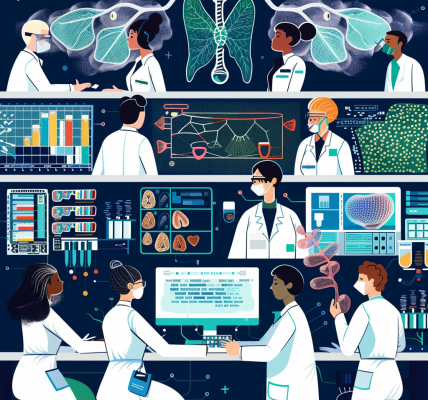As we age, our brains undergo significant changes that can impact our cognitive abilities, particularly in the realms of memory and learning. Research conducted at Örebro University by Pernilla Andersson delves into these changes, shedding light on the mechanisms behind memory impairment in older adults.
One of the key findings from Andersson’s doctoral thesis in psychology is that the efficiency of communication between different regions of the brain declines with age. This decline can make it increasingly challenging for older individuals to learn new information. The brain’s natural ability to forget irrelevant information—an essential process for accommodating new knowledge—diminishes over time, leading to a phenomenon known as proactive interference. This interference occurs when older memories hinder the acquisition of new ones, complicating the learning process.
Andersson’s research highlights the structural and functional changes that take place in the brain as memory impairments develop. Older adults exhibiting memory issues often show poorer connectivity between various brain regions, which is crucial for effective communication. The quality of the neural fibers that link these regions also tends to decline, further exacerbating the challenges faced in learning and memory retention.
“These connections are vital for different brain regions to communicate with each other. When the quality is lower, it can affect how efficient and fast the communication is,” Andersson explains. This reduced efficiency can significantly hinder cognitive functions, particularly in the context of learning new information.
Another critical aspect of Andersson’s research is the role of the hippocampus, a brain region integral to memory formation and retrieval. The study indicates that changes in the hippocampus are closely tied to the ability to manage memory impairments as one ages. Specifically, a reduction in the size of the hippocampus correlates with an increased risk of proactive interference in older adults. The hippocampus is essential for contextualizing information and events, allowing individuals to differentiate between similar pieces of information.
The insights gained from this research provide a clearer understanding of the reasons behind memory deterioration in aging individuals and highlight the complexities of learning in later life. Despite these findings, there remains a notable gap in concrete recommendations for mitigating memory impairments and enhancing working memory among older adults.
The field of cognitive aging is still relatively unexplored, according to Andersson. While some studies suggest that practices such as mindfulness may positively influence the ability to manage proactive interference, comprehensive research in this area is still needed. “It is still not fully understood what determines whether someone experiences a decline in memory function as they age,” she notes.
Interestingly, cognitive aging does not affect everyone uniformly. There is a considerable variation in how individuals experience cognitive decline, with some maintaining cognitive abilities akin to those of younger individuals. This observation presents an intriguing area for further research, as Andersson aims to explore the factors contributing to this variability in cognitive aging.
As the population ages, understanding the intricacies of memory and learning becomes increasingly vital. Continued research into the cognitive processes associated with aging is essential for developing strategies to support older adults in maintaining their cognitive health and enhancing their learning capabilities.
In summary, the findings from Örebro University underscore the importance of studying the aging brain to unravel the complexities of memory and learning. As researchers like Pernilla Andersson continue to investigate these phenomena, the hope is to uncover new insights that can lead to effective interventions for improving cognitive health in older adults.





